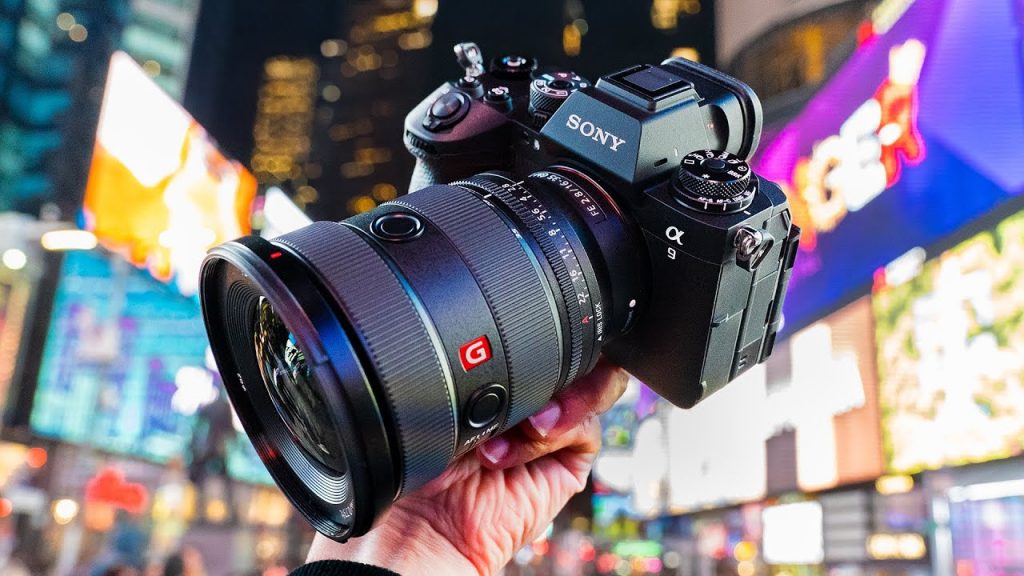
In the era of smartphones, the debate over whether the iPhone camera surpasses traditional digital cameras has become a hot topic. With advancements in technology, the iPhone camera has evolved to rival the capabilities of dedicated digital cameras. In this article, we will delve into the key aspects of both devices and determine whether the iPhone camera truly outshines its digital counterparts.
- Image Quality:
The iPhone camera has made remarkable strides in image quality, thanks to its advanced sensors and image processing algorithms. With features like Smart HDR and Deep Fusion, the iPhone captures stunning details, vibrant colors, and impressive dynamic range. However, digital cameras still hold an advantage in terms of larger sensors, which allow for better low-light performance and greater depth of field control. Ultimately, the choice between the two depends on the specific photography needs and preferences of the user. - Versatility and Convenience:
One undeniable advantage of the iPhone camera is its portability and convenience. With a smartphone, you always have a capable camera in your pocket, ready to capture any moment. Additionally, the iPhone offers a wide range of built-in editing tools and instant sharing options, making it effortless to enhance and share your photos. On the other hand, digital cameras provide more versatility with interchangeable lenses, manual controls, and the ability to shoot in various formats. For professional photographers or enthusiasts seeking ultimate control over their shots, digital cameras remain the preferred choice. - Features and Technology:
The iPhone camera boasts an array of features that make it a formidable competitor to digital cameras. Its computational photography capabilities, such as Night mode and Portrait mode, leverage artificial intelligence to produce stunning effects that were once exclusive to high-end cameras. Moreover, the integration of augmented reality (AR) technology in the iPhone camera opens up new creative possibilities. Digital cameras, while lacking in these advanced features, excel in areas like optical zoom, burst shooting, and specialized shooting modes, catering to specific photography genres. - Post-Processing and Editing:
The iPhone camera's seamless integration with powerful editing apps and the iOS ecosystem provides users with a streamlined post-processing experience. With a few taps, users can apply filters, adjust exposure, and even remove unwanted objects from their photos. Digital cameras, on the other hand, often require transferring images to a computer for editing, which can be time-consuming. However, the editing capabilities of professional software on a computer still surpass those of mobile apps, providing photographers with more control and precision.
Conclusion:
In the battle between the iPhone camera and digital cameras, there is no definitive winner. The iPhone camera has undoubtedly revolutionized mobile photography, offering impressive image quality, convenience, and advanced features. However, digital cameras still hold their ground with superior image sensors, versatility, and manual controls. Ultimately, the choice depends on individual needs, preferences, and the intended use of the camera. Whether you opt for the convenience of the iPhone camera or the versatility of a digital camera, both devices have their merits and can produce exceptional results in the hands of a skilled photographer.






